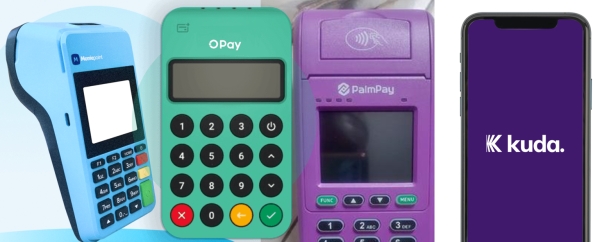Fintech companies, including OPay, Moniepoint and others, have started notifying their customers of plans to begin deduction of N50 Electronic Money Transfer Levy (EMTL) from every inflow of N10,000 and above received by their customers with effect from tomorrow, September 9.
According to the fintech companies, this deduction followed a directive by the Federal Inland Revenue Service (FIRS).
This mandatory deduction brings to an end the era of free banking services that some of the fintechs provide, though the charges are remitted to the federal government.
The free banking services had made these fintech companies attractive to the members of the public, especially small and medium-scale business owners, students, and the downtrodden.
The regulations provide for a one-off levy of N50 on the recipient of any electronic receipts or transfers of N10,000 or above. For equivalent receipts or transfers carried out in other currencies, the levy will be charged at the exchange rates determined by the Central Bank of Nigeria (CBN).
In December 2023, the FIRS directed deposit money banks to deduct and remit Electronic Money Transfer Levy (EMTL) on foreign currency (FCY) transactions going forward. Within the first five months of this year, a total of N78.95bn was accrued to the government from the N50 levy imposed on electronic bank transfers.
In recent times, the Electronic Money Transfer Levy has become an integral part of Nigeria’s tax system. This levy is, among others, primarily designed to generate revenue for the government. The Finance Act, 2019 amended various subsets of the existing tax and fiscal legislation at the time, including the Stamp Duty Act (SDA).
The Finance Act, of 2023 stipulates that revenue accruing by the operation of EMTL shall be distributed to the three tiers of government based on derivation with the federal government receiving 15 per cent; state governments receiving 50 per cent and the local governments receiving 35 per cent of the EMTL realised.
The regulations mandate the receiving bank to collect and remit the levy to the FIRS by the next working day after the transaction date or on such other date as prescribed by the FIRS.
In addition, the receiving bank is required to deduct the levy from the amount payable if the receiver is a walk-in customer who does not have an account with the bank.


